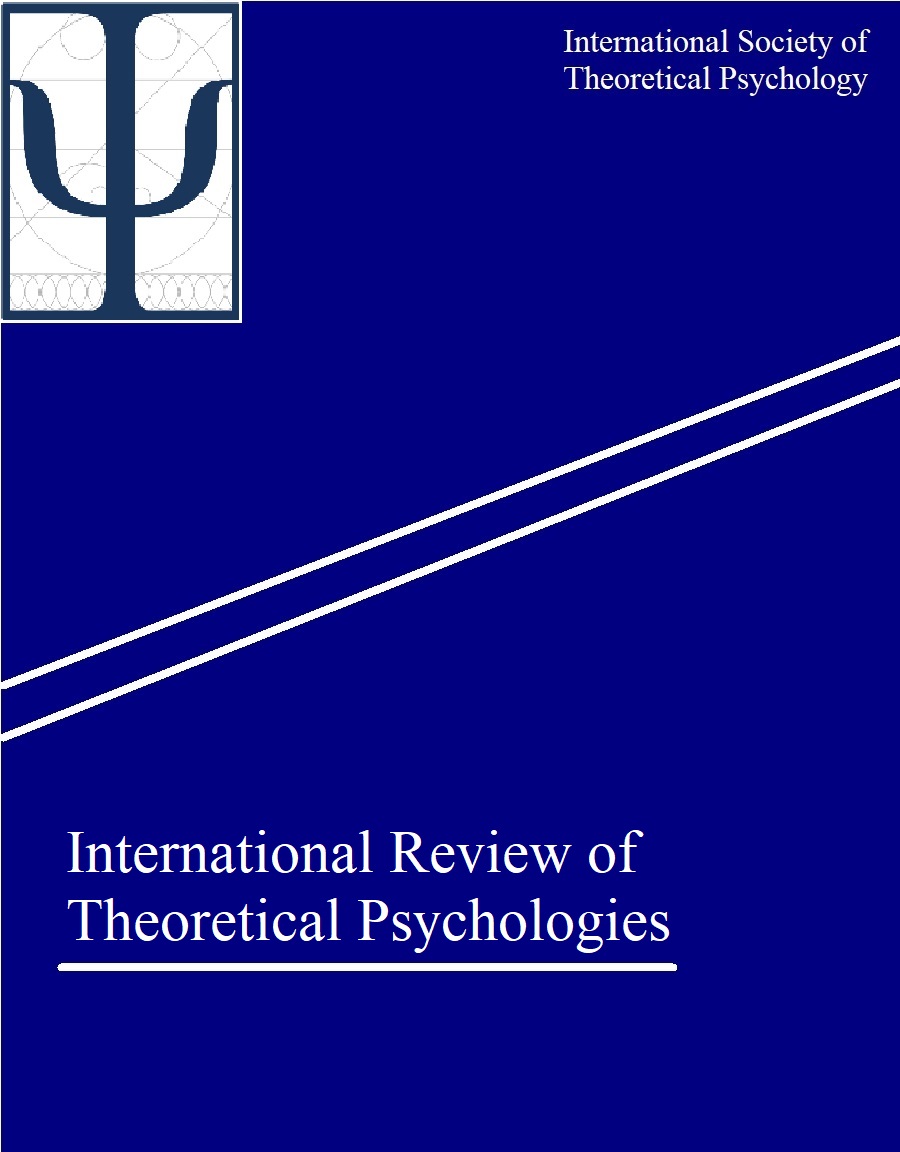“Every human action is anthropophagic”
Oswald's Cultural Anthropophagy and Theoretical Psychology
DOI:
https://doi.org/10.7146/irtp.v1i2.128023Keywords:
Cultural Anthropophagy, Cultural Psychology, Modernism, Oswald de Andrade, PhilosophyAbstract
The Freudian theory and the era of acceleration announced by the Futurist Manifesto arrived in Brazil in 1899 and 1909, respectively. Afterwards the concrete reception of these two significant events became more than the symptomatic revelation of the shocks provoked by industrial modernity and its powerful undercurrent of anxieties. The poet, „clown“, writer and major figure of the Brazilian modernist avant-garde, Oswald de Andrade (1890-1954) absorbed Freud and the Futurist Manifesto at once, re-pragmatized and re-semantized them. Oswald's concept of Cultural Anthropophagy (1928) as a central interpretative strategy, to be exact, an hermeneutic approach is defined by Haroldo de Campos aptly: “Oswald's ‘Anthropophagy’ [...] is the thought of critical devoration of the universal cultural heritage” (Campos,1986). The introduction of the anthropophagic trope inspired by Native Americans’ metaphysics leads the poet to a subversion of the Gestalt/Behavior psychological theories: “The anthropophagic function of the psychological behavior is reduced to two parts: 1) totemiser the external taboos; 2) create a new taboo in exogamic function” (Andrade,1929). From 1928 to 1950 the Anthropophagy approach on the interaction between the individual and the environment gained philosophical consistency. Oswald's thesis is a conceptual alternative that attempted to bring answers through the amplification of our ethical becoming. As an epistemological perspective attentive to the different modes of existence, the proposition of Oswald is a field of transformative practices having the power to overcome the techno-industrial paradigms. I will examine the contribution of Oswald de Andrade to theoretical psychology and to the issues that arise in an “Era of Acceleration” where the symbolic field is replaced by a cybernetic field.
Downloads
Published
How to Cite
Issue
Section
License
Copyright (c) 2021 Dr. Renato Silva Guimaraes

This work is licensed under a Creative Commons Attribution-NonCommercial-ShareAlike 4.0 International License.
IRTP operates based on a non-exclusive publishing agreement, according to which the journal retains the right of first publication, but authors are free to subsequently publish their work. The copyright of all work rests with the author(s).
All content published in IRTP is licensed under a Creative Commons Attribution-NonCommercial-ShareAlike 4.0 International license (CC BY-NC-SA 4.0). This license allows authors and readers to share and adapt content for non-commercial purposes, provided that they abide by the following terms:
- Give credit to the original author(s)/creator(s) and attribution parties (i.e., IRTP);
- Provide a link to the original source, to the extent practicable;
- Include the copyright notice and/or indicate the corresponding Creative Commons license;
- Indicate what, if any, adaptations were made to the original; and
- Share adapted content under the same license as the original.
Authors are encouraged to familiarize themselves with the various Creative Commons licenses. Readers are advised to consult the licensing information embedded in each published work to ensure that they are familiar with the terms of use that apply.





